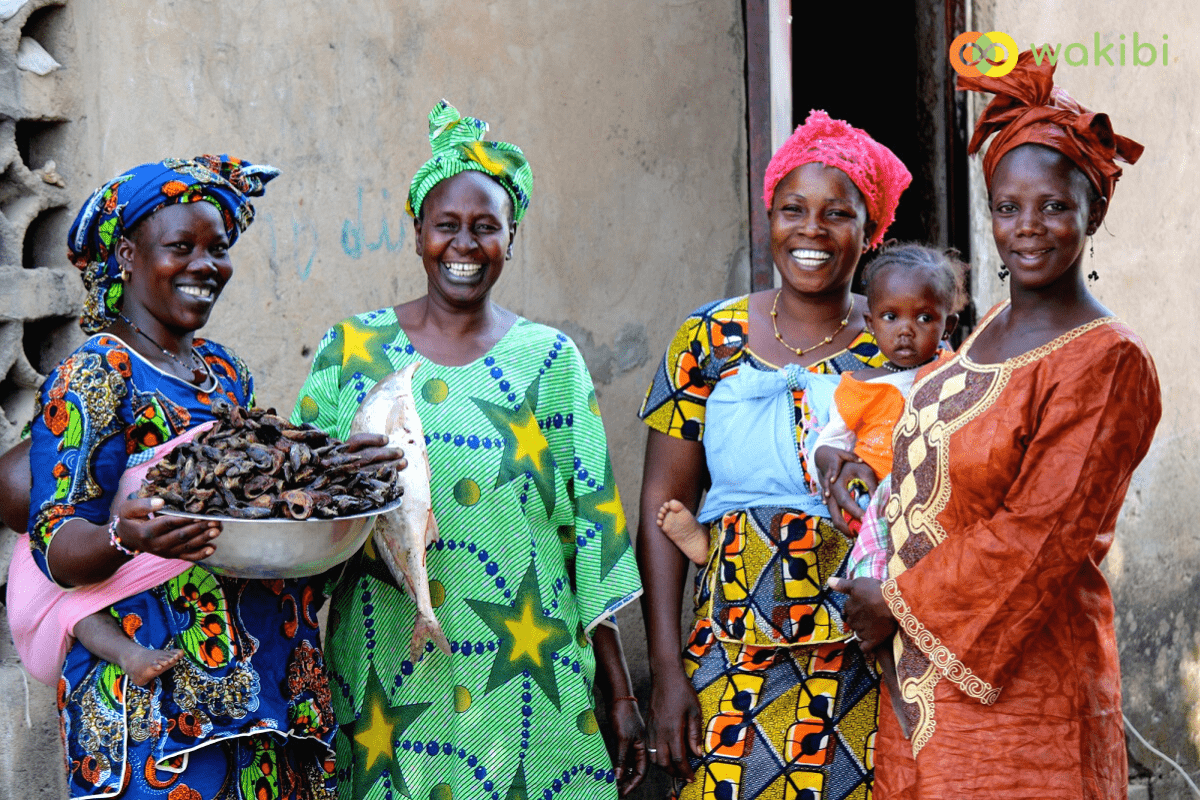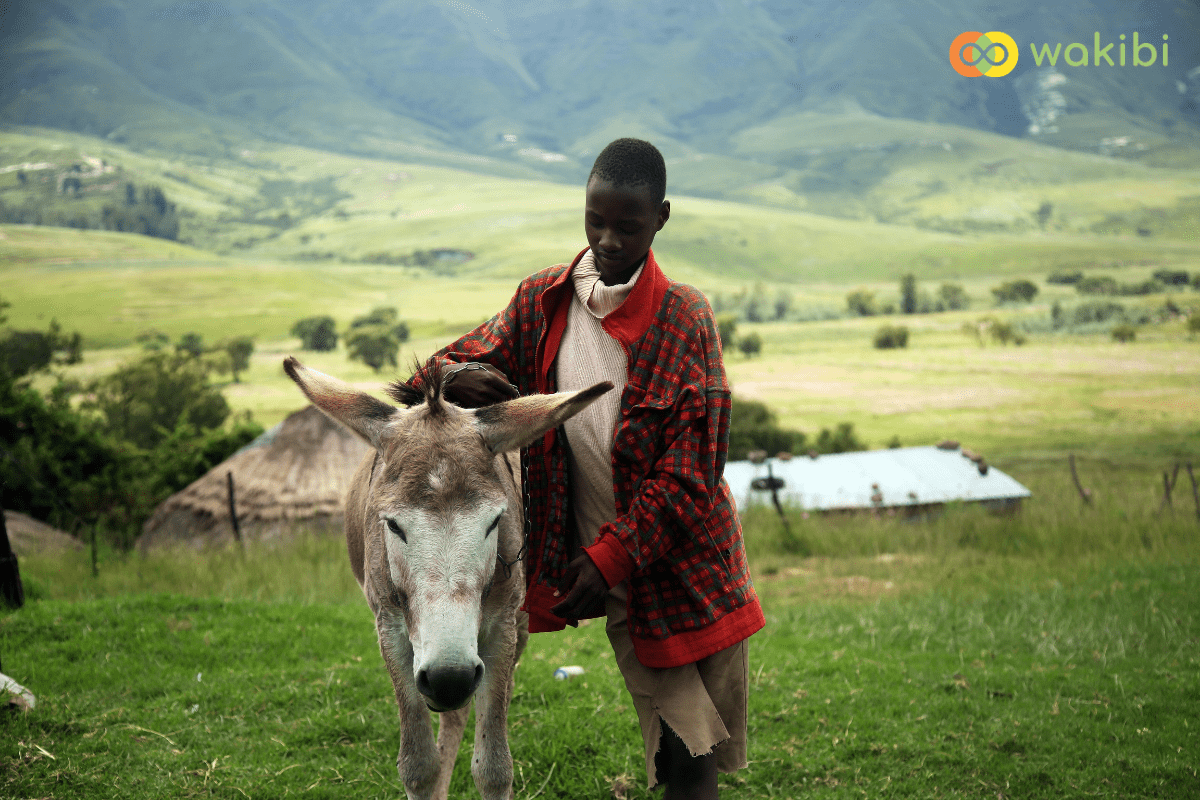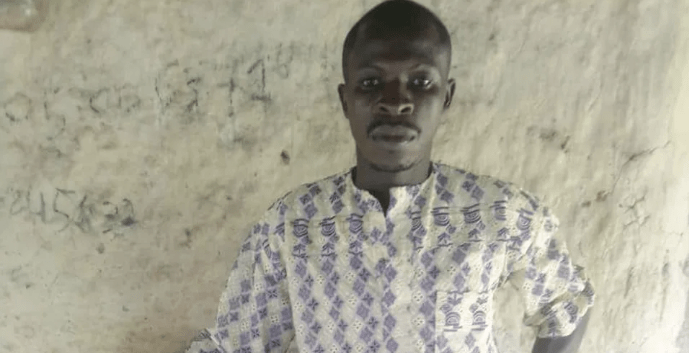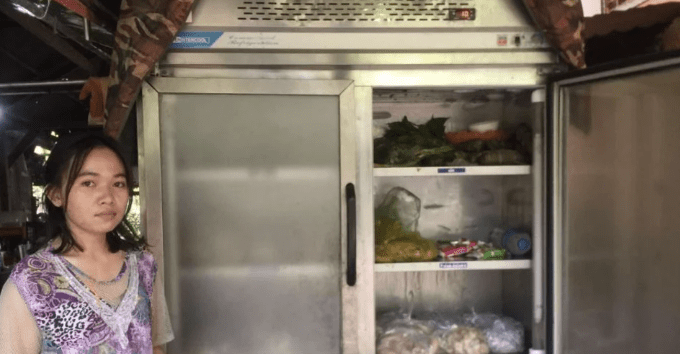

This Christmas, we are committing to support entrepreneurs and students with limited means to fulfill their career and financial ambitions. With a portion of the licensing fees we receive from our Banking clients and in alignment with the United Nations Sustainable Development Goals (SDGs), we have selected microfinance as an impactful way to make a difference.
Instead of corporate gifts or Christmas cards, we’d like to offer real opportunities to individuals who are striving to make a difference in far more challenging life situations than ours. For this year’s microfinance initiative we have chosen Wakibi, a non-profit, Dutch microfinance platform to help us deploy our funds.

Out of the 17 UN SDGs, we have chosen five that are closely aligned with our values:
Microcredits sourced from individual lenders and organizations like TreasurUp play a crucial role in enabling dreams. These credits are the lifeline for aspiring entrepreneurs in regions where access to traditional financial institutions is limited.
What makes this initiative remarkable is the direct and tangible impact it creates – children going to school, families accessing healthcare, and communities thriving.
Our commitment to this cause stems from a profound desire to give back and create meaningful change. By supporting Wakibi and its projects, we are not only investing in short-term solutions but also aligning with Sustainable Development Goals (SDGs) for a long-term, sustainable impact.
This partnership extends beyond this holiday season; it’s a commitment to fostering growth, empowerment, and resilience in underserved communities.

Our holiday wish is simple yet profound: to convey the importance of empathy and support for those striving to create a better future. It’s about recognizing the challenges faced by small entrepreneurs, acknowledging their aspirations, and joining hands to uplift their lives.
A gift that can keep on giving, through successful outcomes and subsequent repayments of microloans, we will recycle our funding, thereby extending our reach to even more people needing help or support through the following years.

Loukou Ferdinand is a 36-year-old trader who lives in Ivory Coast with his wife and 5 children. He is requesting a loan to purchase a solar kit consisting of 4 LED lamps, a rechargeable battery with a solar panel and a television to illuminate his shop and enjoy the television every evening with his wife and children.
With a solar kit with lighting, Loukou Ferdinand can also work longer in his shop when daylight disappears and his children can study in complete safety.

Delice is a 20-year-old and a middle child in a family of nine siblings. Her primary and secondary education were supported by her grandfather, despite her family struggling financially. This year she was admitted to Kepler College, where she plans to study project management. During her time at Kepler College, Delice expects to acquire essential communication and professional skills, which she believes will be crucial to her future. Her dream is to run her own business. She considers herself a fast learner, eager to apply her knowledge to any job related to project management.
She sees her family benefiting from her education at Kepler College as it will open doors to permanent employment. She also plans to be a change agent in her community, providing employment opportunities and sharing the skills she gains at Kepler College with her society.
On a broader scale, Delice believes that her education will enable her to contribute to the development of her country, by addressing some of its long-standing problems. With determination in her heart, Delice is seeking financial support to cover the costs of her studies at Kepler College, knowing that this is her path to a better future and an opportunity to make a difference in her community and country.

Sreynak works as a fish seller and has been in this business for about 2 years. Her main challenge is the competition she faces from numerous other sellers. She plans to use the loan to purchase an ice bucket to enhance her fishing business. Her goal is to expand her business, improve her home, and ensure her children can attend school.

Zuvaydullo, a resident of Bokhtar, Tajikistan, was born in 1979 and heads a family of six. Known for his friendly, goal-oriented nature and good manners, he has been employed by a private organization for 2 years. His wife, described as calm, responsible, and hardworking, unfortunately, fell ill and requires hospitalization. Zuvaydullo is seeking a loan to cover his wife’s medical bills, hoping for assistance to restore her health and enable her to return to a normal life.

Josephine is a 39-year-old mother of four children who are between 2 and 18 years old. Her husband is a farmer and, for the past ten years, he has been growing Irish potatoes. She is the leader of the group called Jyambere Muhinzi Agric, which in English means “Let’s develop each other farmer”. All group members are Irish potato growers.
She will use her loan to buy more Irish potato seeds and fertilizers to continue her Irish potato growing. She will then sell the harvested crop at the marketplace to meet customer demand. With the profits from her sales, she hopes to be able to reinvest in her business and also buy a piece of land.

Bosco, a young man who grew up in the countryside, has just begun a remarkable journey to Kepler College. With seven siblings in his family, he is the middle child, determined to break new ground by obtaining a college degree. Bosco’s father supported his primary and secondary education, but the family’s financial situation made it impossible to pay college tuition. Despite these challenges, Bosco was inspired by his career goal to become a businessman or project manager.
He believed in the power of education and passed the entrance test, which got him accepted into Kepler College. What he most appreciated about Kepler College is its commitment to teaching students practical skills, including entrepreneurship and leadership, that will be valuable in the job market. That is why he chose to study project management because he recognized its versatility in different areas.
After graduating, Bosco wants to own a business to create employment in his community and contribute to reducing unemployment in Rwanda. He also plans to help pay for his younger siblings’ education in the future. This time he is asking for financial support to cover his school costs.
These stories represent just a fraction of the incredible individuals and groups supported by Wakibi. Each loan extended translates into tangible change, not just for the borrower but for their families, communities, and beyond. It’s the essence of collective empowerment, where every contribution amplifies the impact, creating a ripple effect of positivity and progress.
Wishing you, your families and your colleagues all the very best for the holidays and 2024.